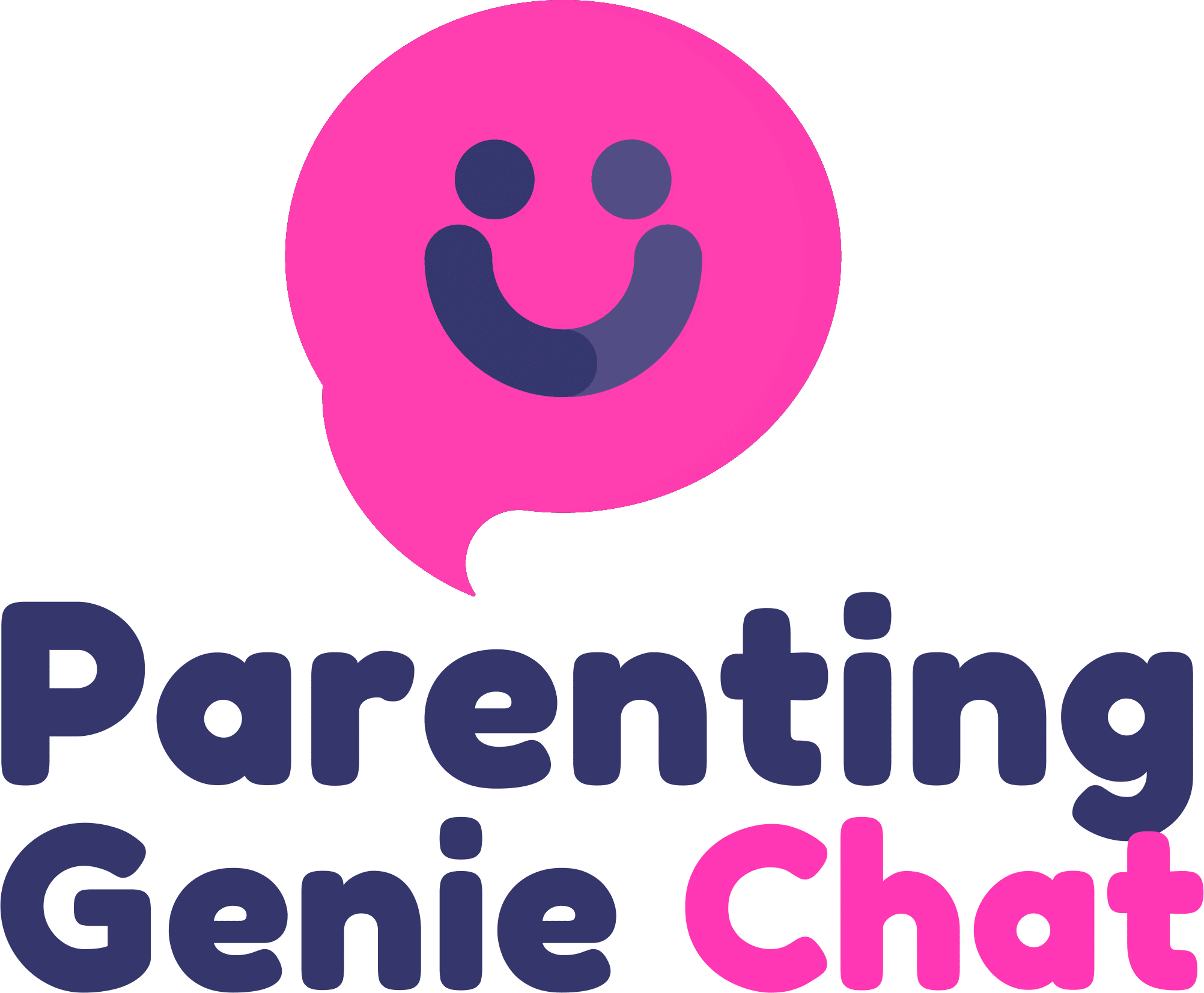Postnatal depression and anxiety are common mental health conditions that can affect parents following the birth of a baby. Postnatal depression is characterized by persistent feelings of sadness, hopelessness, and a loss of interest or pleasure in activities. It may also involve changes in appetite, sleep disturbances, irritability, and difficulty bonding with the baby. Postnatal anxiety, on the other hand, is marked by excessive worry, restlessness, and racing thoughts related to the baby’s well-being, personal performance as a parent, or general anxiety symptoms. Both conditions can have a significant impact on the parent’s well-being, their ability to care for the baby, and the overall family dynamics. It is important to understand that postnatal depression and anxiety are not a sign of weakness or failure as a parent, but rather a common mental health response to the significant life changes and hormonal fluctuations that occur after childbirth. Seeking support and treatment is crucial for recovery. This can include talking to a healthcare professional, joining support groups, engaging in therapy, and considering medication if necessary. Family and social support also play a crucial role in helping parents navigate through these challenges. With the right support and treatment, postnatal depression and anxiety can be effectively managed, allowing parents to regain their well-being and fully enjoy their parenting journey.


